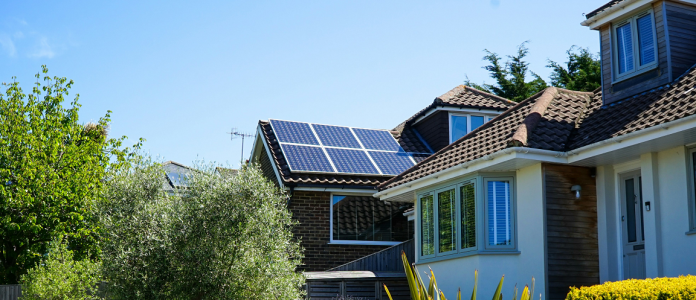With more and more people opting for solar panels as an alternative source of electricity for their property, it has become apparent that insuring these panels requires a bit of time and homework.
Make sure you are getting the right type of insurance to buffer against unexpected financial losses caused by damage, destruction, or theft of solar equipment by considering these three factors:
- Insurance: which type of cover is right for you?
As a home-owner: As solar panels qualify as permanent fixtures or fittings to a home, they should be insured on your building or home-owner’s insurance policy. Make sure to update this accordingly.
As a tenant: In the case of someone who is renting a property and has chosen to install solar panels on their rental property, this will of course need to be authorised by the property owner or the building’s body corporate. Following this, the tenant can, depending on which insurer they are making use of, request that the value of the solar panels is included in the sum insured on their home contents insurance policy. Other insurers may have separate sections under which solar panels must be included. This approach will vary from insurer-to-insurer.

- Requirements to look out for
Make sure to read the T&C’s to thoroughly understand what you are and aren’t covered for, as there is no one size fits all solution when it comes to insuring solar panels.
All insurers require that the solar installation is carried out by a certified installer who can issue a certificate of electrical compliance (COC) upon completion of the job.
In addition, installations need to abide by several industry standards called South African National Standards (SANS), which are a set of building standards and codes that are used to ensure the safety, health, and sustainability of buildings. In all cases, insurers will require an engineer’s certificate to be submitted, which can verify that the installation was completed in accordance with these standards.
- Beware of standard exclusions
Again, read the T&C’s carefully, as policy wording will outline which exclusions may apply. Some of these may include electrical failures, any defective or non-compliant components under the SANS codes, any components covered by a manufacturer’s warranty, ordinary wear and tear and electrical grid failure.
For more insurance tips, visit PSG Insure.






